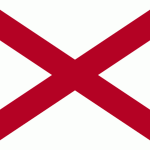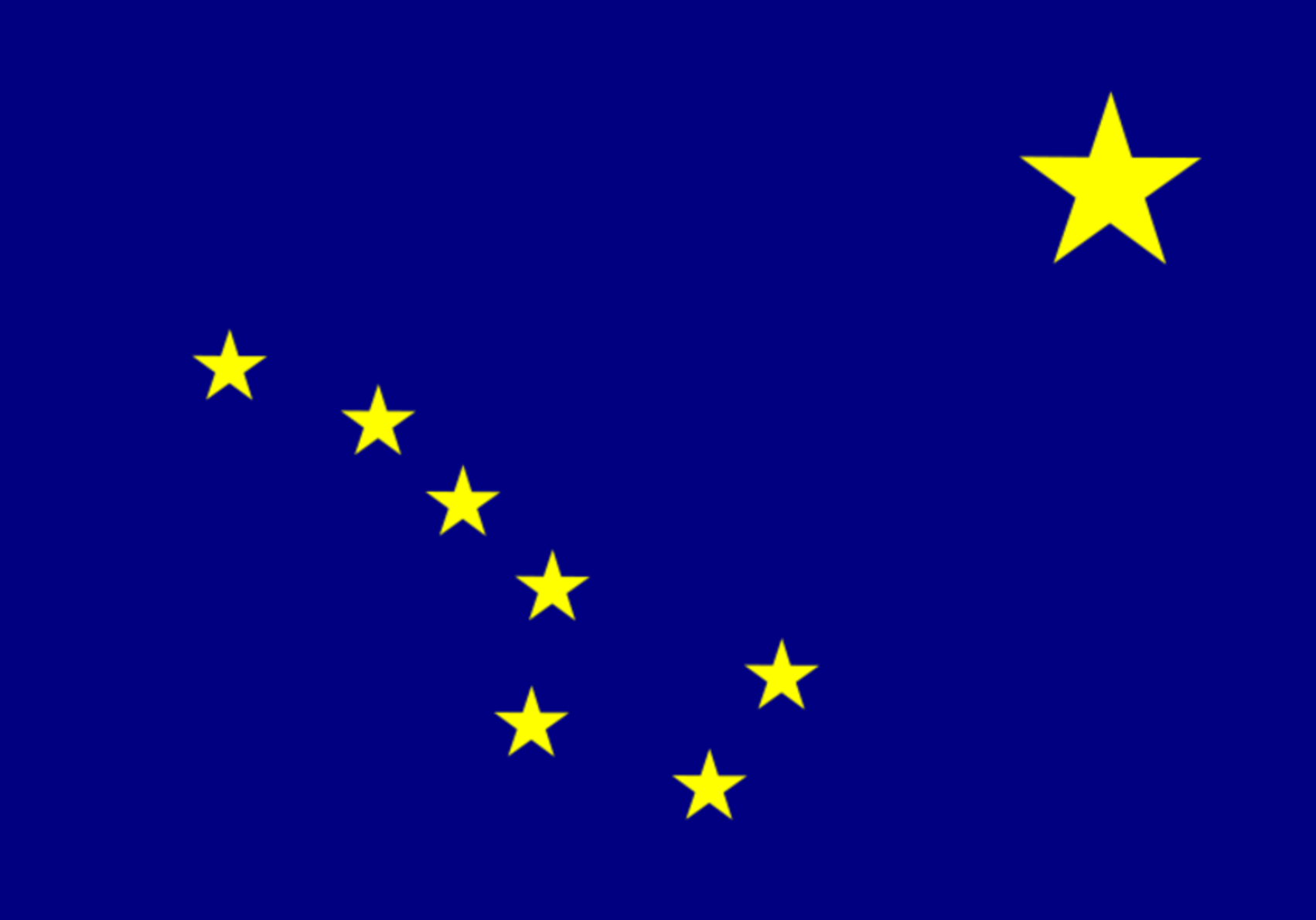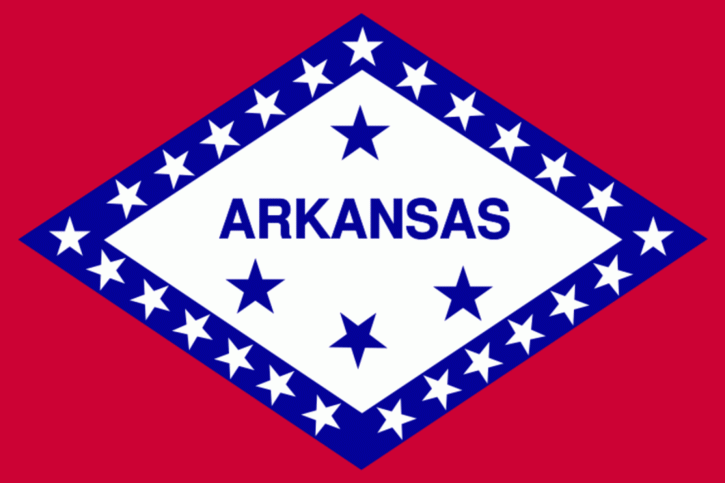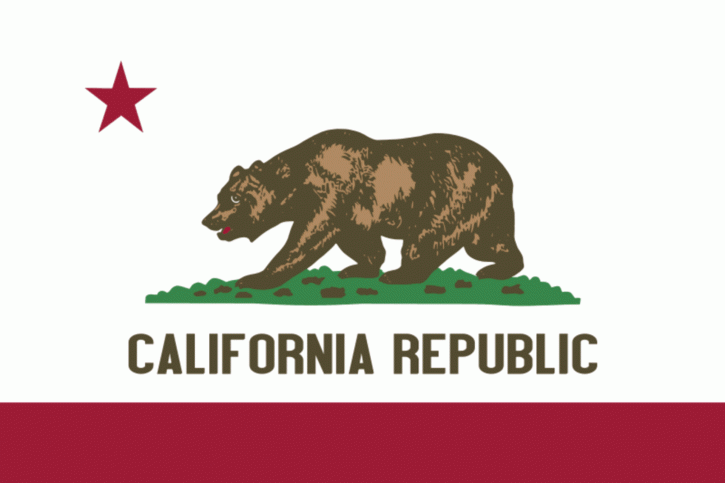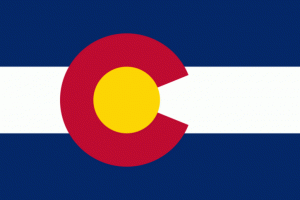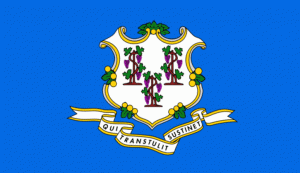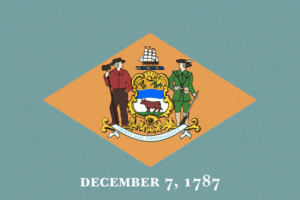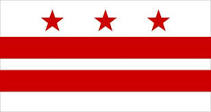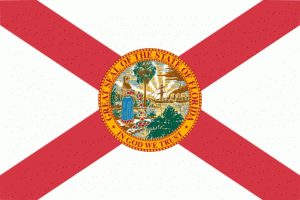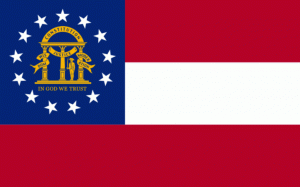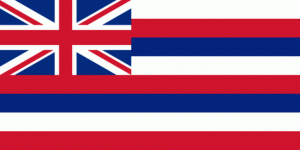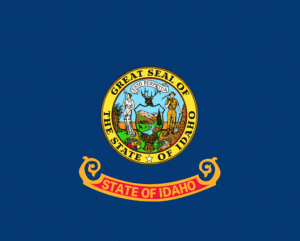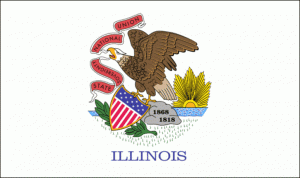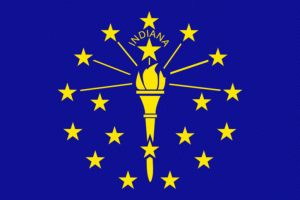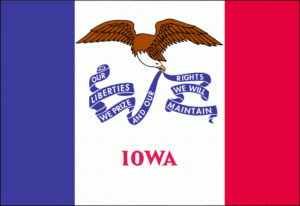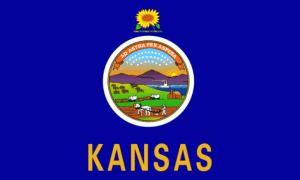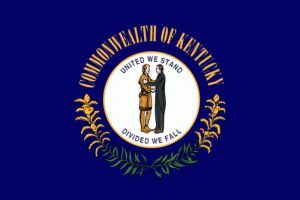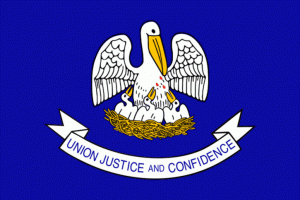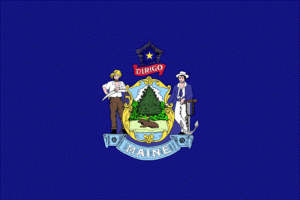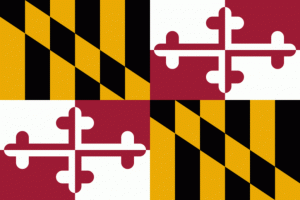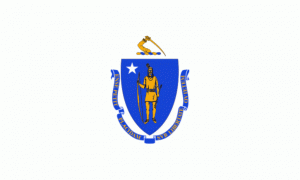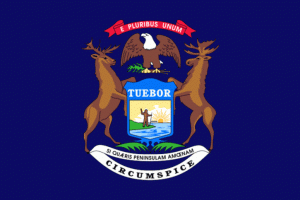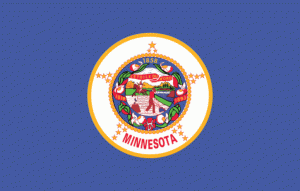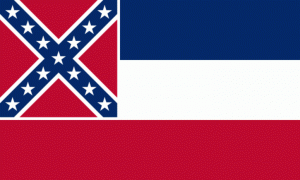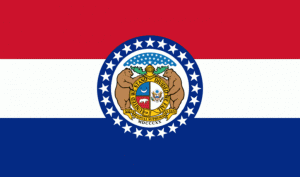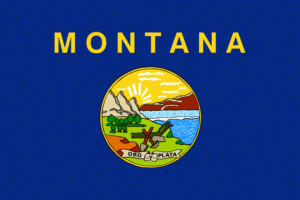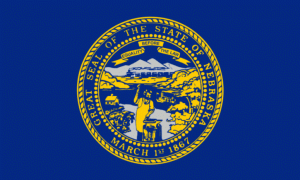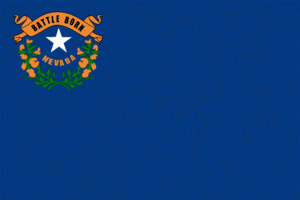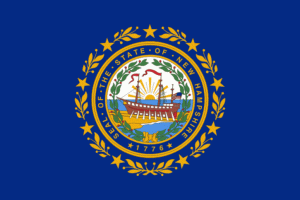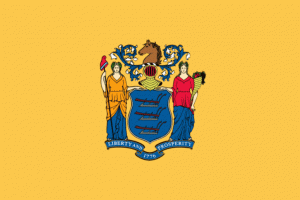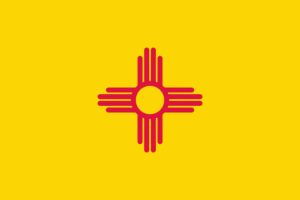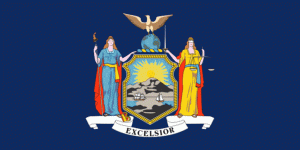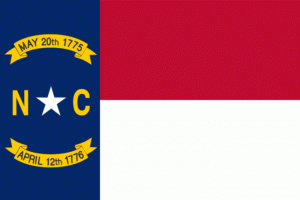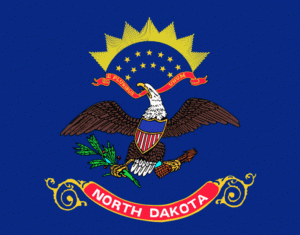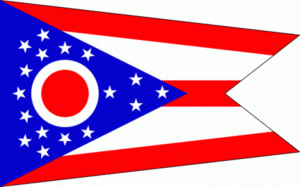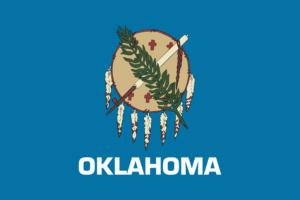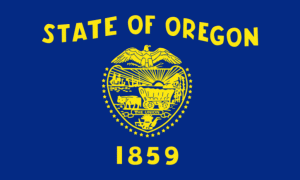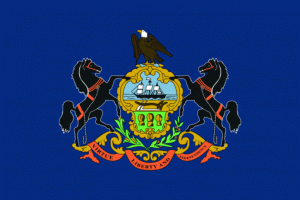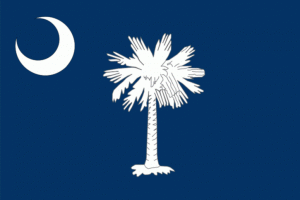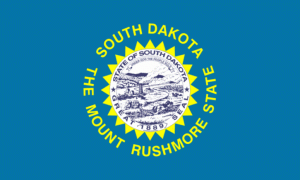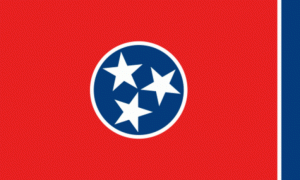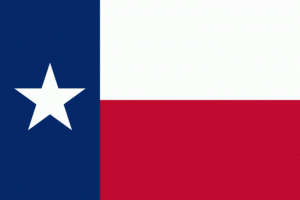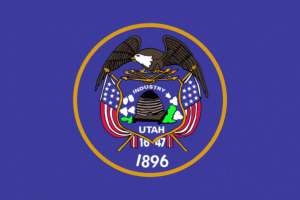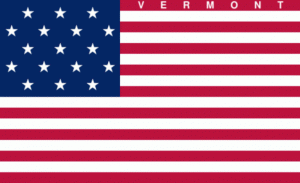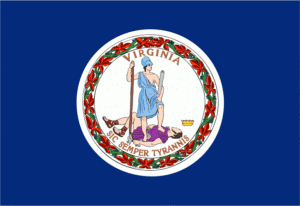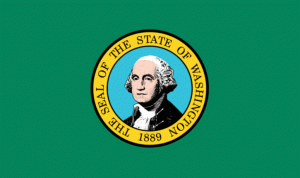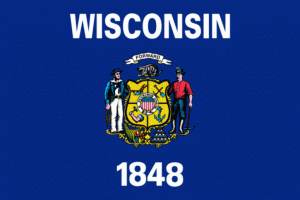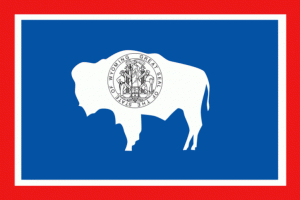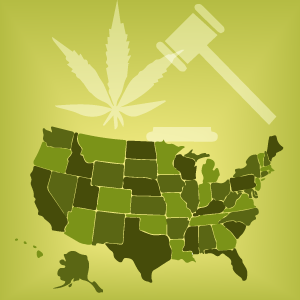
[Updated 05-09-2018]
When it comes to the legalities of cannabis on a state level, whether it be recreational or medical use – it can be challenging to get to a clear-cut, black-and-white answer. This is due in part to the Federal government keeping cannabis, for now, as a Schedule 1 drug – right up there with heroin, cocaine, and LSD. So, as far as the federal government is concerned – it's illegal. This leaves the states to decide their cannabis laws and regulations on their own.
According to Pew Research Center, 6 in 10 Americans support marijuana legalization. Over the last few years, the number of Americans speaking out about the federal governments classification of Marijuana is growing, and we’re starting to see real change happening at the state level. In fact, for the first time in over eight decades, cannabis might finally be considered for more than a plant embraced by hippies.
To learn more about where we are as a country broken down by state, you’ll find a complete list of the U.S. states and their corresponding laws regarding medical/recreational marijuana, CBD, and hemp below.
Important Distinction: The U.S. Government Patent #6,630,507 confirms the therapeutic use of cannabinoids as antioxidants and neuroprotectants. This patent was awarded in 2003 to the Nobel Peace Prize Winning Laureate, Dr. Julius Axelrod. Cannabinoids are found to have particular application as neuroprotectants, for example in limiting neurological damage following ischemic insults such as: stroke and trauma, or in the treatment of neurodegenerative diseases such as: Alzheimer's disease, Parkinson's disease, and HIV dementia. Despite this clear benefits identified by the U.S. government of the therapeutic use of cannabinoids, the legalities of medical marijuana, cannabinoids remain unclear due to discrepancies between federal and state laws.
DISCLAIMER: With so many individual laws changing at such a rapid rate, this page will be updated regularly and is subject to change without notice.
Alabama
- Recreational use of marijuana remains illegal
- Alabama currently has no medical marijuana program
- Alabama has implemented CBD-only laws and has allowed medical access to it for certain conditions if recommended by a doctor. The extracts are only allowed if they contain 3% THC, or below.
- In 2016, Alabama implemented legislation to expand their current CBD-only laws and allowed for more doctors to offer CBD for more conditions
Alaska
- Adults over the age of 21 can recreationally purchase (from a state dispensary), and consume cannabis
- Alaska implements a medical marijuana program for certain conditions, and medical users must obtain a medical card issued by the state
- Out of state visitors cannot purchase medical marijuana in Alaska but are recognized for approved conditions
Arizona
- Recreational marijuana use remains illegal under Arizona state law
- Permits medical use for medical card holders via the Arizona Medical Marijuana Act. Patients can also obtain their medicine through a state-regulated medical dispensary
- Out-of-state medical patients are permitted to possess and consume medical marijuana – but are not able to purchase it from a dispensary
- Hemp products and extracts derived from hemp are legal – as long as the level of THC is below 3%
Arkansas
- Recreational use of marijuana remains illegal
- In May 2017, Arkansas implemented the states first medical marijuana program
- Patients must have a recommendation from a doctor and have one of the states approved medical conditions to qualify
- In 2017, Arkansas established the Arkansas Industrial Hemp Research Program
- Hemp products and hemp extracts are legal in Arkansas as long as the THC content is below 3%
California
- Recreational retail sales and consumption by adults over the age of 21 is legal
- In 1996 California was the first state to legalize the use of medical marijuana. Today the state still utilizes its medical marijuana program
- California residents do not have to specify any particular condition to qualify for the states medical marijuana program. Residents can purchase their medicine through a state-licensed dispensary. Out-of-state medical patients are not recognized in California's medical marijuana program
- Non-licensed cooperatives will need to become state licensed to remain lawful by 2019
- Hemp products and hemp extracts are also readily available in retail outlets as long as the THC level is below 3%
Colorado
- It is legal for adults to purchase, possess, and consume recreational marijuana in Colorado
- State uses a medical marijuana program for specific conditions. Colorado medical patients can purchase their medicine through state-licensed dispensaries. Out-of-state medical marijuana patients are not recognized in the state of Colorado
- Hemp products and hemp derived extracts are legal without any particular policies, as long as the THC content is below 3%
Connecticut
- No recreational purchase or consumption is allowed
- Connecticut utilizes a limited medical marijuana program. To qualify, you must obtain a state medical marijuana card and have one of the debilitating conditions set forth by the state
- Patients must also get a recommendation from a doctor
- Medical marijuana patients can get their medication through a state licensed dispensary
Delaware
- No recreational use or purchase of cannabis is allowed
- Delaware does have a medical marijuana program. To utilize the program, you must have one of the debilitating conditions set forth by the state's health department and obtain a medical marijuana card
- Medical patients can obtain their medication through a state licensed dispensary
- Out-of-state medical marijuana patients are recognized in the state of Delaware – as long as the debilitating condition of the visitor is on Delaware's list of applicable conditions
District of Columbia (Washington D.C.)
- Washington D.C. permits retail sales and adult consumption of recreational cannabis
- Implements a limited medical marijuana program for specific conditions. Patients must obtain a medical card
- Medical patients can obtain their medication through the districts licensed dispensaries
Florida
- Recreational purchase and consumption remains prohibited in Florida
- Since October of 2017, the state has started to establish the procedures required to obtain a license to operate a Medical Marijuana Treatment Center
- Patients who want to apply for the states medical marijuana program must register via the Florida Department of Health's Office of Medical Marijuana Use
- Applicants must be a Florida resident. However, there is a provision for seasonal residents
Georgia
- The sale and consumption of recreational cannabis remains prohibited
- Georgia has not yet developed a medical marijuana program
- In 2015 Georgia passed an Act allowing for institutions of higher education to conduct clinical research of THC oil. The trials are to meet FDA compliance.
- These trials require patients to have one of the conditions set forth by the state of Georgia
- The cannabis oil used in the trials cannot contain more than 5% THC and must have at least a 1:1 CBD to THC ratio
Hawaii
- Recreational purchase and consumption remains prohibited
- Hawaii has implemented a medical marijuana program. Patients must obtain a medical card from the state and are required to have one of the debilitating conditions set forth by the state
- Medical patients can obtain their medicine through a state licensed dispensary
- Out-of-state medical patients are not recognized
Idaho
- Recreational purchase and consumption remains prohibited
- Idaho has not established a medical marijuana program
- The Medical Cannabidiol Act of 2014 only allows patients with intractable epilepsy to have access to CBD oil. The CBD oil must contain less than 3% THC and be free of all other plant material. Patients can only possess up to 32oz of the oil.
- The Medical Cannabidiol Act also does not offer any language defining a method for in-state access or production
Illinois
- Recreational purchase and consumption remains prohibited
- The state has implemented a medical marijuana program for specific conditions only. Patients are also required to obtain a medical card through the state. Medical patients can get their medicine through a state-licensed dispensary.
- Out-of-state medical patients are not recognized in the state of Illinois
Indiana
- Recreational purchase and consumption remain illegal
- Indiana has not established a medical marijuana program
- In 2017 Indiana has implemented CBD only laws and only patients who have treatment-resistant epilepsy can participate. The CBD oil that is approved must contain at least 5% CBD by weight and contain no more than 3% THC by weight.
- Also added to the statue – it says that the state may prosecute any person(s) for a paraphernalia charge of certain items used in conjunction with the lawful possession of medical cannabidiol.
Iowa
- Recreational purchase and consumption of cannabis remain prohibited
- Iowa has not yet established a medical marijuana program
- As of May 2017, Iowa expanded the list of qualifying conditions to their medical cannabidiol program. Patients must apply for the program via the Iowa Department of Health to obtain their medical cannabidiol card.
- Iowa has not defined any method for residents to get access to approved in-state CBD oil. This is expected to change in December 2018 or early 2019.
- Patients who qualify for the medical cannabidiol program may only use CBD oil that contains 3% THC or under, and can only possess up to 32oz of the oil.
Kansas
- Recreational purchase and consumption of cannabis remains illegal
- The state has not yet established a medical marijuana program
- Kansas has implemented the Alternative Crop Research Act, which allows the Department of Agriculture in conjunction with institutions of higher education to research the economic effects of cultivating industrial hemp.
Kentucky
- Recreational purc
 hase or consumption of cannabis remains prohibited
hase or consumption of cannabis remains prohibited - Kentucky has not yet established a medical marijuana program
- In 2014, Kentucky removed cannabidiol from the states' definition of marijuana. This has allowed the state to approve CBD oil through public universities and schools of medicine for clinical trials or an extended access program that is to remain in compliance with the FDA.
- Only patients with intractable epilepsy are qualified to utilize the states pilot program
- The Clara Madeline Gilliam Act of 2014 does not define a method for patients, with a doctor's recommendation, to access CBD oil. Kentucky residents are required to travel to a state with a medical cannabis program that allows the production and sale of CBD medications. That state must also recognize the Kentucky residents doctors recommendation.
Louisiana
- Recreational purchase or consumption remains prohibited
- Louisiana has not yet established an operational medical marijuana program. However, a medical marijuana program is in the works.
- Once operational, Louisiana's medical marijuana program will be limited to those suffering from specific conditions and would allow for no more than a 30 day supply of non-combustible or vapable forms of cannabis – including cannabis flower.
- Although there has been only one dispensary approved to operate in the state, patients will be able to obtain their medication through one of ten dispensaries approved by the state.
Maine
- Maine permits the retail sale, purchase, and adult consumption of recreational cannabis
- The state has implemented a comprehensive medical marijuana program for those suffering from specific conditions set forth by the state. Medical patients can obtain their medicine through state-licensed dispensaries with a state-issued medical card.
- Out-of-state medical patients are recognized in Maine – but not for medical dispensary purchases
Maryland
- Recreational purchase or consumption remains illegal
- The state has implemented a comprehensive medical marijuana program, limited to specific conditions set forth by the state. Patients may obtain their medication through state-licensed dispensaries and possess no more than a 30 day supply
- Out-of-state medical patients are not recognized in the state of Maryland
- Edible forms of marijuana are not permitted by the states medical marijuana program
Massachusetts
- Recreational purchase and consumption of cannabis by adults over 21 is permitted
- The state also implements a comprehensible medical marijuana program for those suffering from the listed conditions set forth by the state. Patients can obtain their medication through one of the states licensed dispensaries.
- Out-of-state medical patients are not recognized in the state of Massachusetts
Michigan
- The purchase or consumption of recreational cannabis remains illegal
- Michigan has recently implemented a medical marijuana program, limited to those suffering from specific conditions set forth by the state.
- Michigan's medical marijuana program has started the process of licensing dispensaries. No dispensaries have been established thus far.
- Out-of-state medical patients are not recognized for dispensary purchases. However, out-of-state visitors are provided legal protection for possession.
Minnesota
- Recreational purchase or consumption of cannabis remains illegal
- The state has implemented a medical marijuana program that allows access only to those suffering from specific conditions set forth by the state
- State licensed dispensaries are only allowed to offer liquid cannabis extracts. Patients can obtain their medicine through one of these dispensaries.
- Minnesota's medical marijuana program does not recognize out-of-state medical patients
Mississippi
- Recreational purchase or consumption remains prohibited
- Mississippi has not yet established a medical marijuana program. Instead, the state has implemented a limited CBD-only piece of legislation via the Harper Grace's Law of 2014.
- The legislation applies to those with debilitating epileptic conditions or related illness.
- The medication approved by the state must contain at least 15% CBD and hold no more than 0.5% (half a percent) of THC
- Qualified patients can only access their medication through the Department of Pharmacy Services at University of Mississippi Medical Center
Missouri
- Recreational purchase or consumption remain illegal
- Missouri has not established a medical marijuana program
- The state has limited CBD-only laws applicable to those who have intractable epilepsy who are not responding to 3 or more traditional medications
- Patients are only able to obtain their medication through state-regulated cannabidiol-oil care centers/facilities
- The products allowed are hemp derived extracts that contain at least 5% CBD by weight and contain no more than 0.3% THC
Montana
- Recreational purchase and consumption of cannabis remains illegal
- As of 2004, Montana has implemented a medical marijuana program, only for those with specific conditions set forth by the state. Registered cardholders can obtain their medication through one of the states licensed dispensaries or can possess up to 4 mature plants and up to 4 seedlings
- Medical cardholders cannot possess more than 1oz of usable marijuana
Nebraska
- Recreational purchase or consumption remains illegal
- Nebraska has decriminalized cannabis to a degree by making the possession of 1oz or less (first offense) an infraction and punishable by means of a $300 fine
- Nebraska has not yet established a medical marijuana program
Nevada
- Recreational retail sales, purchase, and adult consumption of cannabis is permitted
- Since 2001, Nevada has established their own medical marijuana program allowing those with specific conditions, set forth by the state, to access the program. Patients can obtain their medication through a state licensed dispensary or cultivate up to 12 plants in their home.
- Patients have the option to cultivate up to 12 plants if the patient lives over 25 miles from a licensed dispensary. Also, if any given dispensaries operating within 25 miles of the patient's home doesn't offer a specific strain – that patient may cultivate that particular strain of cannabis.
- Out-of-state patients are recognized in the state of Nevada – as long as the visitors home state has a “subsequently similar” medical marijuana program. That patient is required to fill out the appropriate Nevada paperwork.
New Hampshire
- Recreational purchase and/or consumption remains illegal
- The state does have an operational medical marijuana program for those with specific conditions set forth by the state. Those patients can obtain their medication through a state-licensed dispensary.
- Out-of-state patients are recognized in New Hampshire as long as the visitor has a note from a doctor from their home state. However, that patient can not purchase from a New Hampshire dispensary.
New Jersey
- Recreational purchase and consumption of cannabis remains prohibited
- The state has implemented a medical marijuana program for those suffering from specific conditions
- Patients can obtain their medication from a state-licensed dispensary with a valid medical card
- Out-of-state medical patients are not recognized in the state of New Jersey
New Mexico
- Recreational purchase and consumption remains prohibited
- New Mexico has implemented a medical marijuana program for those suffering from specific conditions set forth by the state
- Medical patients who hold a valid medical card can obtain their medication through a state licensed dispensary
- Out-of-state medical patients are not recognized in New Mexico
New York
- Recreational purchase and consumption of cannabis remains illegal
- The state has implemented a medical marijuana program for those suffering from specific conditions
- Patients with a valid medical card can obtain their medicine through a state licensed dispensary
- Products allowed to for sale in medical dispensaries are to contain no more than 10mg of THC. Medical marijuana is not allowed to be smoked. Vaporizing however, is permitted.
- Out-of-state patients are not recognized in New York
North Carolina
- Recreational purchase and consumption remain prohibited
- North Carolina has not established an operable medical marijuana program
- Alternative Treatment Act of 2014 allows for those who have intractable epilepsy to obtain hemp extracts registration card through the North Carolina Department of Health and Human Services
- The products approved under this Act are hemp extracts that contain less than 0.9% THC by weight with at least 5% CBD, in addition to no other psychoactive substances
North Dakota
- Recreational purchase and consumption of cannabis remains prohibited
- The state has implemented a medical marijuana program for those suffering from specific conditions. Patients' medication is obtainable through a state-licensed dispensary.
- Medical patients looking to utilize the program are required to have an in-person interview with the states' department of health to determine eligibility
- North Dakota does not recognize out-of-state medical patients
Ohio
- Recreational purchase and consumption remains prohibited
- Ohio has slowly started to roll out their medical marijuana program that can be utilized for those with specific conditions. However, there are no operating dispensaries, and the state has not yet started to issue medical card ID's.
Oklahoma
- Recreational purchase and consumption remain prohibited
- Oklahoma does not utilize a medical marijuana program
- In 2016, the state passed CBD-only legislation that expanded the age and conditions of those who would be allowed to use the products. Patients must also get a recommendation from a doctor.
- The products allowed are to be a preparation of cannabis containing no more than 0.3% THC and in a liquid form
Oregon
- Recreational sale, purchase, and consumption is permitted within the state
- Oregon also utilizes a comprehensive medical marijuana program for cardholders who have specific conditions. Patients can obtain their medication through a state licensed dispensary
- Out-of-state patients are not recognized in the state of Oregon
Pennsylvania
- Recreational purchase and consumption remains prohibited
- State utilizes a medical marijuana program for those suffering from conditions set forth by the state. Patients can obtain their medication through a state-licensed dispensary.
- Pennsylvania recently allowed the sale of marijuana whole flower as of April 2018
Rhode Island
- Recreational purchase and consumption remain prohibited
- State utilized a medical marijuana program for those suffering from specific conditions. Patients can obtain their medication from a state-licensed dispensary
- A felony conviction under the Controlled Substance Act (CSA) disqualifies the patient
- Out-of-state patients are recognized in the state of Rhode Island
South Carolina
- Recreational purchase and consumption remain prohibited
- No medical marijuana program has been established. Instead, the state has implemented CBD-only laws for those who suffer from specific conditions.
- Patients are required to obtain their medication from a state-approved source. The products allowed for use are CBD or marijuana derivatives that contain no more than 0.9% THC and must contain at least 15% CBD. The products are to be synthesized or extracted from an approved lab.
South Dakota
- Recreational purchase and consumption remain prohibited
- The state does not utilize a medical marijuana program
Tennessee
- Recreational purchase and consumption remain prohibited
- State does not utilize a medical marijuana program
- Cannabis oils that contain less than 0.9% THC are allowed through state-regulated clinical-trials for patients with intractable seizure conditions
- HB 197 of 2015 allows possession of cannabis oil that contains less than 0.9% THC as long as the oil was purchased legally in the U.S. and outside of Tennessee. The oil must come from a state with an operational medical marijuana program. This is difficult to achieve as most states do not allow the transfer of medical marijuana products across state lines.
Texas
- Recreational purchase and consumption of marijuana remains illegal
- There is not a medical marijuana program in Texas. Instead, the state has implemented CBD-only laws for patients with intractable epilepsy.
- The products allowed in this legislation cannot contain more than 0.5% THC by weight and no less than 10% CBD by weight
Utah
- Recreational purchase and consumption of marijuana remains illegal
- Utah does not yet have a medical marijuana program
- The state has implemented CBD-only laws for those who have intractable epilepsy. In addition, those patients only qualify if they have been unresponsive to at least three traditional treatments suggested by a neurologist.
- These products can only be extracted from hemp and contain no more than 0.3% THC by weight and contain at least 15% CBD by weight
Vermont
- Recreational use and cultivation are permitted. Cultivation must take place in the residents of the grower. Only adults over the age of 21 are allowed to consume and grow cannabis. No recreational retail sales are permitted.
- The state also utilizes a medical marijuana program for those who suffer from specific conditions. Patients are allowed to cultivate up to nine marijuana plants. However, no more than two can be in a mature state.
- Patients can also obtain their medication through state-licensed dispensaries
Virginia
- Recreational purchase and consumption of marijuana remains illegal
- No medical marijuana program is offered
- The state has implemented CBD-only laws for those who have intractable epilepsy. However, there is no method defined on how to obtain the medication in-state.
- The products allowed are to contain no more than 5% THC and contain at least 15% CBD or THCa
Washington
- Recreational sales, purchase, and consumption are permitted
- The state has implemented a medical marijuana program for those suffering from specific conditions. A state-issued medical card is not required. Patients can obtain their medication through a state-licensed dispensary.
- Out-of-state patients are not recognized in Washington
West Virginia
- Recreational purchase and consumption remains illegal
- The state has implemented a medical marijuana program for those suffering from specific conditions. A medical card is not required to participate in the program.
- Patients can get their medicine from a state-licensed dispensary. However, the state does not allow the sale of whole flower cannabis. In addition, it is illegal to combust (smoke) marijuana, but vaporization is permitted.
- Out-of-state patients are not recognized in West Virginia
Wisconsin
- Recreational purchase and consumption remain prohibited
- Wisconsin has not established a medical marijuana program
- The state has implemented CBD-only laws for those who have seizure disorders. The state also allows for the legal “possession of CBD in a form without a psychoactive effect.”
- Patients are allowed to obtain CBD from an out-of-state dispensary, given that state recognizes patients from another state
Wyoming
- Recreational purchase and consumption of remain prohibited
- There is no medical marijuana program in Wyoming
- The state has implemented CBD-only laws for patients with intractable epilepsy or seizure disorder
- Approved products can only be extracted from hemp and contain less than 0.3% THC, and at least 5% CBD by weight. No in-state production or purchase method is defined.
AS you can see, each state seems to have its take on what should be illegal, and what shouldn't. Federally speaking – it's illegal. Except for hemp that contains under 0.3% THC and is sourced from Europe. Hemp-derived products that contain no more than 0.3% THC that are sourced from Europe are legal in all 50 states.
It is essential that you do your own due diligence to make yourself aware of the laws in your state – as laws change in this industry almost by the day.
Remember, this list is subject to change without notice. We'll do our best to update this complete list of marijuana & medical marijuana laws, state by state.
Sources
- http://www.pewresearch.org/fact-tank/2018/01/05/americans-support-marijuana-legalization/
- http://norml.org/laws
- https://pixnio.com/photos/flags-of-the-world/state-flags-of-the-united-states-of-america
- http://patft.uspto.gov/netacgi/nph-Parser?Sect1=PTO1&Sect2=HITOFF&d=PALL&p=1&u=%2Fnetahtml%2FPTO%2Fsrchnum.htm&r=1&f=G&l=50&s1=6630507.PN.&OS=PN/6630507&RS=PN/6630507
